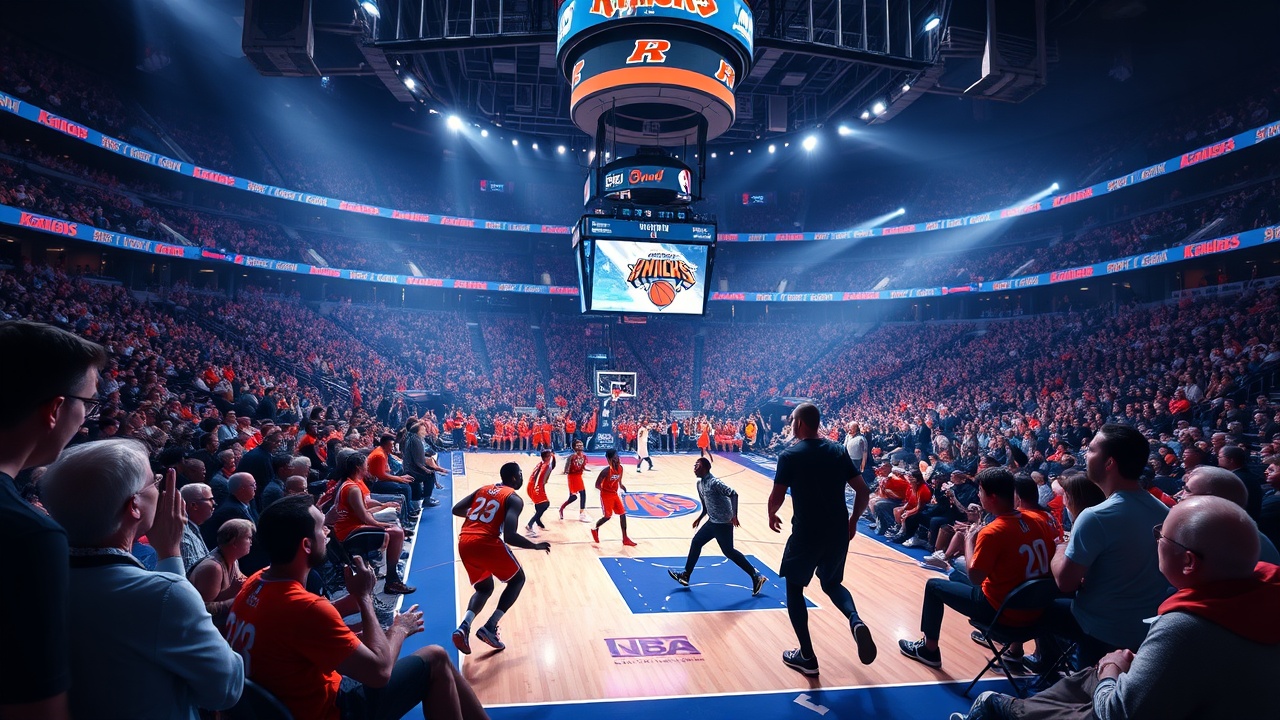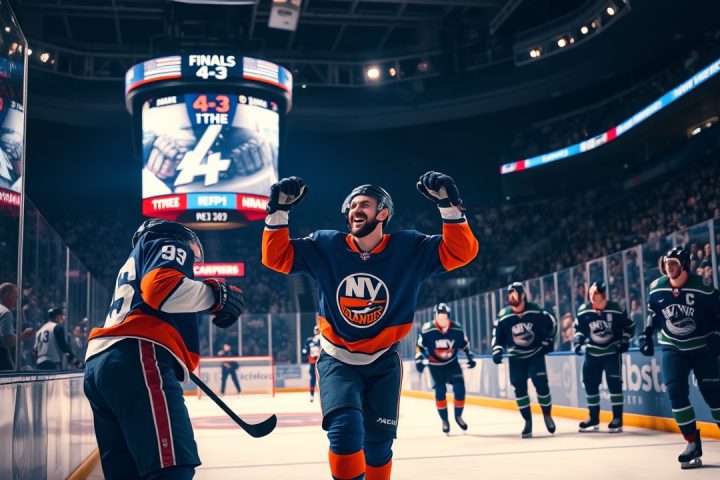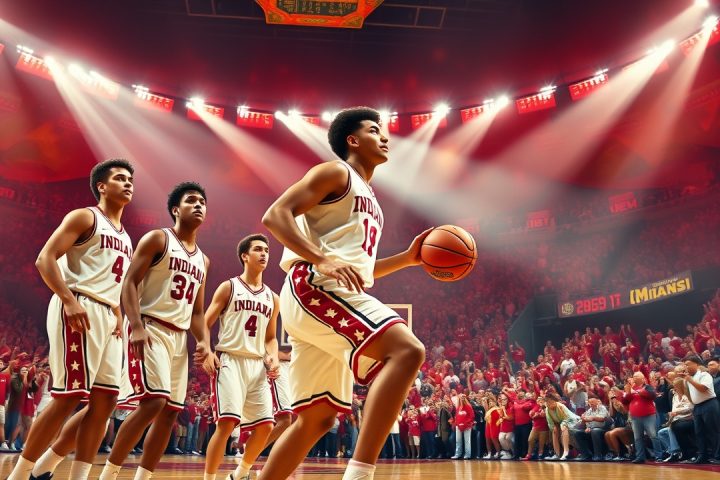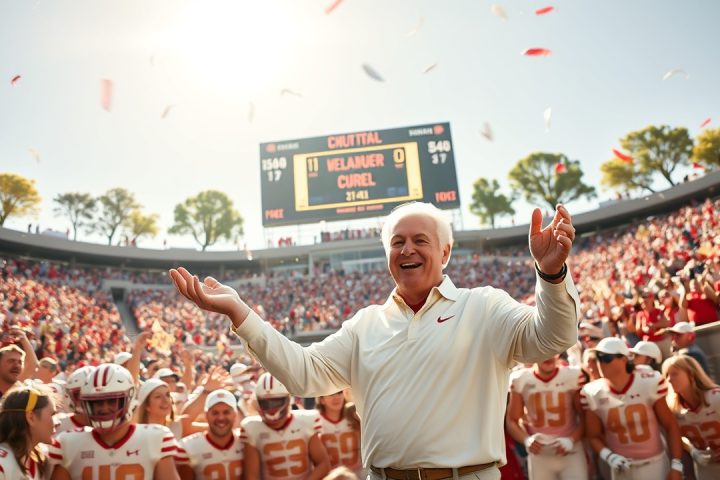Introduction
In what has been a tumultuous postseason for both the New York Knicks and the Minnesota Timberwolves, the spotlight is on Karl-Anthony Towns as he faces criticism during the Eastern Conference finals. Towns has had a noteworthy season, marking his third appearance on an All-NBA roster and leading his team to the conference finals for the second year running. However, just like last season when he played for the Timberwolves, he finds himself on the brink of a series defeat, trailing 3-1 in the finals.
Towns’ Strengths and Weaknesses
Towns, known for his exceptional offensive skills as a modern big man with remarkable shooting abilities, finds himself at a crossroads. Despite his talent — he can score, dribble, and pass proficiently — concerns about his defensive capabilities have become more pronounced. His ineffective defense and tendency to foul make him a liability in crucial moments, particularly in pick-and-roll situations, leading to opponents scoring at a 66% rate near the basket when he is the closest defender.
This weakness is one reason why the Timberwolves opted to trade multiple first-round picks last year to acquire Rudy Gobert, aiming to shore up their defense alongside Towns. Despite reaching the Western Conference finals last season, that pairing proved insufficient against formidable offenses, and the Wolves ultimately had to reconsider their strategy.
Knicks’ Adjustments
The Knicks, facing similar trials, recently adjusted their lineup in a bid to change their fortunes against the Indiana Pacers. They replaced Josh Hart with Mitchell Robinson in hopes of better performance in pivotal moments of the series. The conundrum for both teams remains: can they realistically contend for a championship with Towns at the helm?
Impact of Towns and Randle
While the Timberwolves managed to reach the conference finals, their inability to defend top-tier scorers like Luka Dončić and Shai Gilgeous-Alexander highlighted the limitations of having Towns as a centerpiece. His negative impact on net ratings during the playoffs juxtaposes his offensive contributions, indicating challenges in building a roster that can compete for the championship.
In contrast, Julius Randle, the player swapped for Towns between teams, has also shown inconsistency. Although he performed admirably in the playoffs against the Lakers and Warriors, he faltered during crucial moments of the conference finals, leaving questions regarding his overall value to the Knicks. The Knicks have been outscored by a notable margin with Towns on the floor, reaffirming that having star players does not automatically equate to playoff success.
Future Considerations
As the Knicks prepare for an essential Game 5, speculation arises about how different their playoff journey might have been had they retained Randle instead of acquiring Towns. This inquiry leaves fans and analysts conjecturing if the Knicks would have had a more effective roster without Towns’s massive contract, compared to Randle’s potential next deal and other assets.
With Towns’s hefty salary set to exceed $53 million for next season, the trade’s implications extend beyond immediate results, raising intricate questions about team building and the true value of star players. As both franchises look ahead, it becomes evident that merely pairing all-stars is not a ticket to the championship. Their paths moving forward hinge on their ability to address these glaring issues and reimagine their rosters for future success.




